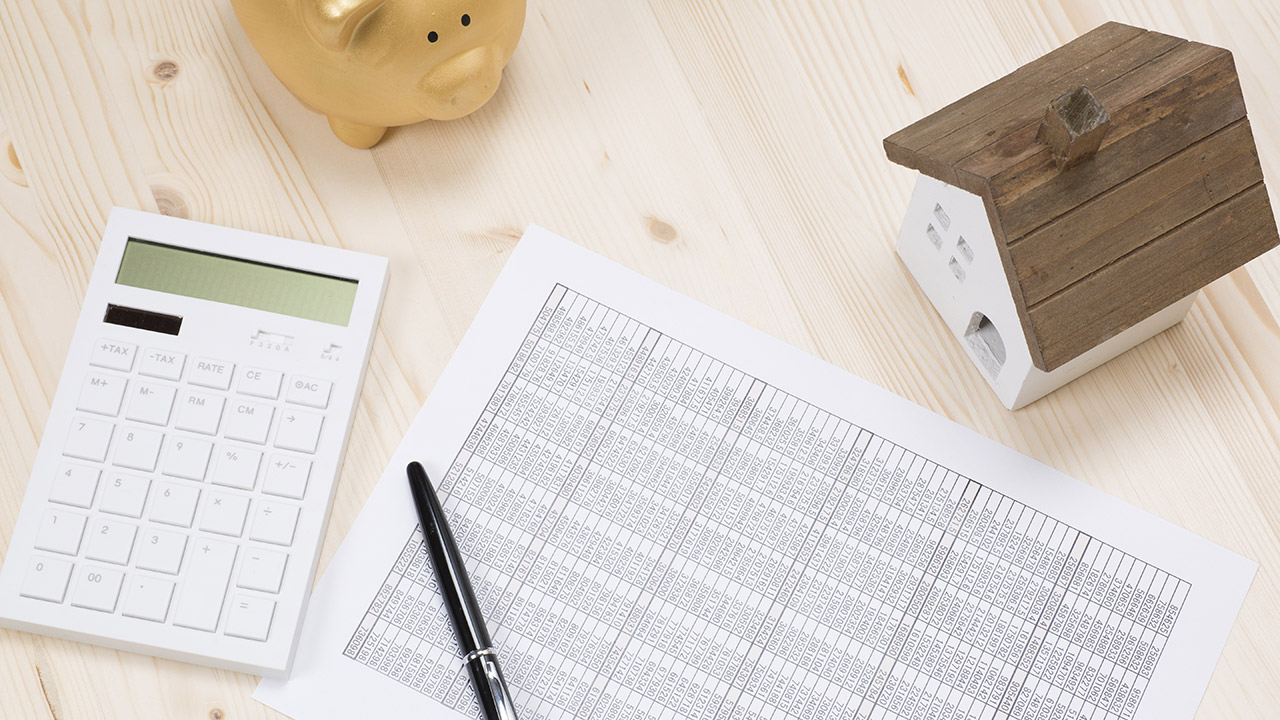Just because you’ve locked into a fixed-rate mortgage doesn’t mean your mortgage payments won’t change some time in the future.
This can come as an unpleasant surprise, especially when you’re trying to manage a budget. If you’ve allocated a specific chunk of your income to your mortgage, your budget can be thrown for a loop when these payments increase.
As frustrating as it may be to experience a boost in your mortgage payments, it’s still possible to predict if they will increase in the near future. At least you’ll have some time to reshuffle your budget to make sure every debt payment you make will be sufficiently covered each month.
Here are some reasons why your mortgage payments may increase, and signs that a hike is on the horizon.

Your Annual Property Taxes Are Being Reassessed
Every year, homeowners receive a property tax assessment. If the housing market has been a strong one – which it has been lately – you can bet that your property taxes will increase.
Every homeowner wants the value of their property to increase, thereby boosting home equity. But property taxes tend to follow close behind. In order to anticipate a tax increase approaching, try to keep tabs on what other homes in your neighborhood are selling for. Your real estate agent can help gather that info for you. If you notice that other homes have been selling for a lot more than what you bought your home for, and aren’t lasting long on the market, that’s a pretty good sign that your property taxes might increase
Your Homeowner’s Insurance is Up For Renewal
Before getting approved for a mortgage, your lender will want to make sure that your home is insurable, and that you’ve taken out home insurance. Just like other types of insurance, property insurance premiums are likely to increase every year. Reputable insurance providers will send out notices well in advance of any changes to premiums, which will give you a head’s up that an increase in your mortgage payments is about to take place.
You do, however, have some control over how much you pay for your homeowner’s insurance. It’s in your best interests not to overvalue your home when you’re trying to determine how much insurance to take out for it. You only need what’s required to fix or rebuild your house if was destroyed by a natural disaster, vandalism, or other incident.
The Balance in Your Escrow Account is Low
Your mortgage payments will include property taxes and homeowner’s insurance if you choose not to handle these fees separately. In this case, an escrow account will be opened. Every year, your lender will go through your escrow account to make sure there is enough money in there to cover your property taxes and insurance. If not, you can expect your mortgage payments to increase as a result. You can choose whether to pay this amount in a lump sum, or in monthly installments along with your home loan payments.
Your Interest-Only Period Ends
If you’ve got an interest-only mortgage, you’ll likely see an increase in your mortgage payments when this period ends. The average interest-only mortgage has an amortization period of 10 years. But after this time has passed, you won’t be able to make interest-only payments any longer. At this point, it’s necessary to pay both principal and interest, which will increase your payment amounts.
The fully amortized payments will be a lot higher compared to the interest-only payments, considering the fact that your principal payments have been deferred for 10 years. Since the principal portion of the mortgage remained untouched for all that time, you’ll have to start pitching in for it, which means more money out of your pocket.
When you take out a mortgage, make sure your lender fills you in on all the ins and outs about your payments, including the likelihood of your payments increasing at some point in the future. That way you’ll be better prepared once that happens, and will be able to budget accordingly.